Crossing the eastern part of the Gobi between Dalanzadgad, the capital of Omnogov (South Gobi) Province and Zemin Uud at the Chinese border was perhaps the hardest, most trying four days of our trip. We stopped for food, water, and petrol in dusty, ramshackle Dalanzadgad for the crossing, unsure of what to inspect since even our guide Tamir had never been been through the area. Dalanzadgad had a small market, a post office that was actually open enabling me to mail the postcards I found 10 days earlier, and a small telecom building with two competer terminals and about 50 people in line waiting to use the Internet. I give up - e-mail will have to wait until I get to China. Even the meat selection was so limited in the poorly stocked market that two cook groups decided to cook vegetarian meals or rely on canned tuna from stock while Heinz and his cook group decided to buy the best meat cuts they could find for their dinner - horse ribs and flank.
Perhaps because of the searing daytime heat, the last few days in Mongolia seemed to be the hardest, even though "the light at the end of the tunnel" was in sight, at least figuratively if not literally
. Only a few more nights and there'd be real hotels with real beds to sleep in China. Meanwhile, three full days of driving on sandy desert tracks that don't even show up on detailed topographical map lay ahead. It seemed Tamir and Charlie were stopping at every ger in sight to ask for directions, often receiving multiple or conflicting responses, for there are not only no paved roads in Mongolia but also no signs pointing the way in the country. We limit use of the water we are carrying to the necessities of cooking and drinking should we break down and get stranded somewhere in the desert for a while. There's certainly now water for luxuries like bathing or washing clothes. We stop at every dusty settlement with a well to top off the water tank, but here even the water tastes like the dust. The Gods seem to be with us here, though, and we manage to get stuck in the sand only once in the three days.
There's far less livestock in the Gobi than elsewhere in Mongolia and most of it is camels
. The widely scattered wildlife consists of raptors like kites, eagles, and Lammergeyers and gazelles and majestic wild asses called Khangai that run so swiftly from the truck we only get glimpses of them in the distance. The desert tracks are even more deserted than elsewhere in Mongolia, except for one short stretch with a constant stream of trucks carrying coal from a mine towards a Chinese border crossing.
On our third night out from Dalazadgad we stopped early and camped less than 30 miles from the Chinese border, all excited to get out last night of camping behind us. It had been 35 nights since we stayed in a hotel, 27 of which were bush camps and the remainder ger stays. Charlie and Ben picked a site on a ridge with a magnificent view over the desert and all quickly put up there tents. I learned my lesson from the last time, though, and waited to put my tent up because the weather looked threatening. Sure enough, about an hour later a sandstorm blew through, the downdrafts of a severe thunderstorm that was dry at the surface level because the precipitation all evaporated in the dry desert air before reaching the ground
. Again tents got blown down, cooking food brought into the truck, and people chasing down loose items blown away in the wind. We ate dinner in the truck as the storm raged on outside. Tonka forms multiple functions as well as being a vehicle equipped to travel across distances with everything needed for survival, she's also a mess hall, a disco, a game room, a bar, and a library/reading room. This being the last night of camping, people were in party mode and over the course of the night devoured most of a case of vodka and a lot of beer too while dancing on the truck to music blaring over Tonka's audio system. The party moved outside as the sandstorm abated during the night, and the dancing was supplemented by drunk overlanders climbing up on Tonka's roof and sliding down her awning.
Our group has been together in the truck for almost five weeks since Almaty with only a few brief interactions with members of the outside world, most of which in Mongolia were with people with whom we were unable to communicate. I can't help but wonder if any of us will be able to function once we return to civil society, or are we all too far gone by now from our months in the bubble that is Tonka during which we've all reverted to a feral state? Is there any hope for us now that we've all turned into a bunch of savages?
Crossing the Southeast Gobi to China, Mongolia
Monday, July 02, 2007
 Hövsgöl, East Gobi Aymag, Mongolia
Hövsgöl, East Gobi Aymag, Mongolia
Other Entries
-
50Altai Republic, Siberian Russia
Jun 0725 days prior Gorno-Altaysk, Russian Federationphoto_camera115videocam 0comment 0
Gorno-Altaysk, Russian Federationphoto_camera115videocam 0comment 0 -
51Bayan Olgi Province, Mongolia
Jun 0923 days prior Nogoonnuur, Mongoliaphoto_camera81videocam 0comment 0
Nogoonnuur, Mongoliaphoto_camera81videocam 0comment 0 -
52Uvs Province, Mongolia
Jun 1121 days prior Ulaangom, Mongoliaphoto_camera56videocam 0comment 0
Ulaangom, Mongoliaphoto_camera56videocam 0comment 0 -
53Zavkhan Province, Mongolia
Jun 1319 days prior Altay, Mongoliaphoto_camera77videocam 0comment 0
Altay, Mongoliaphoto_camera77videocam 0comment 0 -
54Mongolian Wrestling
Jun 1418 days prior Asgat, Mongoliaphoto_camera27videocam 0comment 0
Asgat, Mongoliaphoto_camera27videocam 0comment 0 -
55Khovsgol Province, Mongolia
Jun 1517 days prior Moron, Mongoliaphoto_camera74videocam 0comment 0
Moron, Mongoliaphoto_camera74videocam 0comment 0 -
56Khovsgol Lake, Mongolia
Jun 1715 days prior Hatgal, Mongoliaphoto_camera79videocam 0comment 0
Hatgal, Mongoliaphoto_camera79videocam 0comment 0 -
57Northern Arvaikheer Province, Mongolia
Jun 1814 days prior Bayan-Uhaa, Mongoliaphoto_camera71videocam 0comment 0
Bayan-Uhaa, Mongoliaphoto_camera71videocam 0comment 0 -
58Tsaagan Nuur Lake & Khorgo Volcano, Mongolia
Jun 1913 days prior Horgo, Mongoliaphoto_camera48videocam 0comment 0
Horgo, Mongoliaphoto_camera48videocam 0comment 0 -
59Mongolian Food
Jun 2012 days prior Horgo, Mongoliaphoto_camera50videocam 0comment 0
Horgo, Mongoliaphoto_camera50videocam 0comment 0 -
60Tsetserleg and Tsenher Hot Springs, Mongolia
Jun 2111 days prior Tsetserleg, Mongoliaphoto_camera73videocam 0comment 0
Tsetserleg, Mongoliaphoto_camera73videocam 0comment 0 -
61Genghis Khan's Capital - Kharkhorin, Mongolia
Jun 2210 days prior Kharkhorin, Mongoliaphoto_camera53videocam 0comment 0
Kharkhorin, Mongoliaphoto_camera53videocam 0comment 0 -
62Ovorkhangai Province, Mongolia
Jun 248 days prior Arvaikheer, Mongoliaphoto_camera73videocam 0comment 0
Arvaikheer, Mongoliaphoto_camera73videocam 0comment 0 -
63Mongolian Road Mishaps
Jun 257 days prior Hovd, Mongoliaphoto_camera33videocam 0comment 0
Hovd, Mongoliaphoto_camera33videocam 0comment 0 -
64Khogorin Els Sand Dunes, Gobi Desert, Mongolia
Jun 266 days prior Dalandzadgad, Mongoliaphoto_camera103videocam 0comment 0
Dalandzadgad, Mongoliaphoto_camera103videocam 0comment 0 -
65Bayan Zag Flaming Cliffs, Gobi Desert, Mongolia
Jun 284 days prior Üydzen, Mongoliaphoto_camera66videocam 0comment 0
Üydzen, Mongoliaphoto_camera66videocam 0comment 0 -
66Yolin Am Ice Canyon, Gobi Desert, Mongolia
Jun 302 days prior Tsohyootoyn Hiid, Mongoliaphoto_camera63videocam 0comment 0
Tsohyootoyn Hiid, Mongoliaphoto_camera63videocam 0comment 0 -
67Crossing the Southeast Gobi to China, Mongolia
Jul 02 Hövsgöl, Mongoliaphoto_camera65videocam 0comment 0
Hövsgöl, Mongoliaphoto_camera65videocam 0comment 0 -
68Elianhot, China
Jul 042 days later Erlianhot, Chinaphoto_camera16videocam 0comment 0
Erlianhot, Chinaphoto_camera16videocam 0comment 0 -
69Onward to Beijing, China
Jul 075 days later Huairou, Chinaphoto_camera48videocam 0comment 0
Huairou, Chinaphoto_camera48videocam 0comment 0 -
70Beijing, China
Jul 086 days later Beijing, Chinaphoto_camera121videocam 0comment 0
Beijing, Chinaphoto_camera121videocam 0comment 0 -
71Yonghedong Monastery, Beijing
Jul 097 days later Beijing, Chinaphoto_camera13videocam 0comment 0
Beijing, Chinaphoto_camera13videocam 0comment 0 -
72Summer Palace, Beijing
Jul 108 days later Beijing, Chinaphoto_camera89videocam 0comment 0
Beijing, Chinaphoto_camera89videocam 0comment 0 -
73Tianjin, China
Jul 119 days later Tianjin, Chinaphoto_camera49videocam 0comment 0
Tianjin, Chinaphoto_camera49videocam 0comment 0 -
74Tai Shan Mountain, China
Jul 1311 days later Tai'an, Chinaphoto_camera89videocam 0comment 0
Tai'an, Chinaphoto_camera89videocam 0comment 0 -
75Qufu, China
Jul 1412 days later Qufu, Chinaphoto_camera52videocam 0comment 0
Qufu, Chinaphoto_camera52videocam 0comment 0 -
76Nanjing, China
Jul 1614 days later Nanjing, Chinaphoto_camera148videocam 0comment 0
Nanjing, Chinaphoto_camera148videocam 0comment 0 -
77Suzhou, China
Jul 1816 days later Suzhou, Chinaphoto_camera72videocam 0comment 0
Suzhou, Chinaphoto_camera72videocam 0comment 0 -
78Tongli, China
Jul 1917 days later Tongli, Chinaphoto_camera64videocam 0comment 0
Tongli, Chinaphoto_camera64videocam 0comment 0 -
79Shanghai, China
Jul 2119 days later Shanghai, Chinaphoto_camera163videocam 0comment 0
Shanghai, Chinaphoto_camera163videocam 0comment 0 -
80Shanghai - Huangpu Cruise and the Bund
Jul 2220 days later Shanghai, Chinaphoto_camera125videocam 0comment 0
Shanghai, Chinaphoto_camera125videocam 0comment 0 -
81Shanghai - Pudong Future World
Jul 2321 days later Pudong, Chinaphoto_camera165videocam 0comment 0
Pudong, Chinaphoto_camera165videocam 0comment 0 -
82Shanghai to Hangzhou - Eastern Chinese Food
Jul 2422 days later Shanghai, Chinaphoto_camera27videocam 0comment 0
Shanghai, Chinaphoto_camera27videocam 0comment 0 -
83Putuo Shan, China
Jul 2725 days later Putuoshan, Chinaphoto_camera152videocam 0comment 1
Putuoshan, Chinaphoto_camera152videocam 0comment 1 -
84Ningbo, China
Jul 2826 days later Ningbo, Chinaphoto_camera13videocam 0comment 1
Ningbo, Chinaphoto_camera13videocam 0comment 1 -
85Hangzhou, China - Part I
Jul 3028 days later Hangzhou, Chinaphoto_camera151videocam 0comment 0
Hangzhou, Chinaphoto_camera151videocam 0comment 0

 Hövsgöl, East Gobi Aymag, Mongolia
Hövsgöl, East Gobi Aymag, Mongolia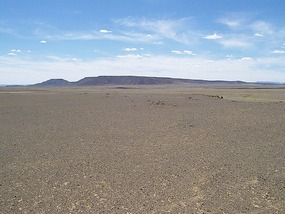
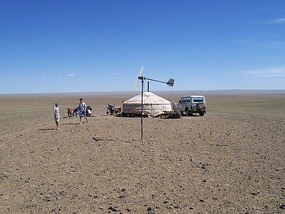
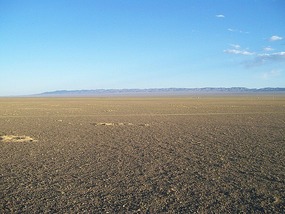



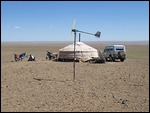
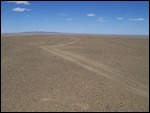
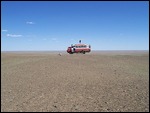

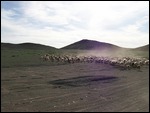
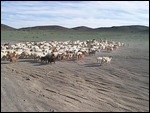
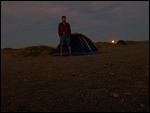
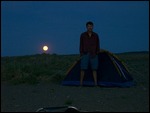
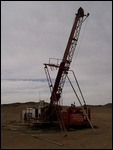
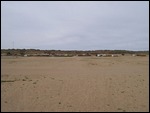
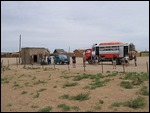
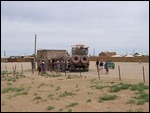
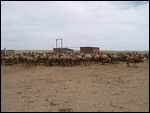
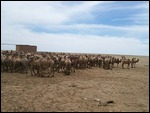
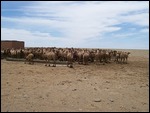
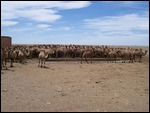
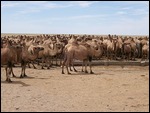
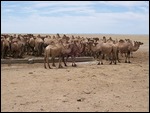
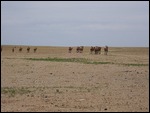
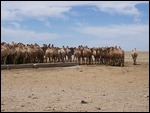
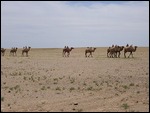
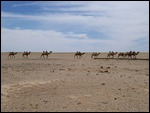
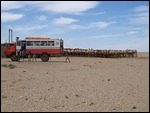
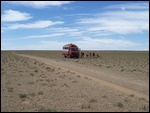
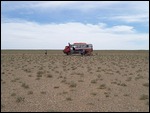
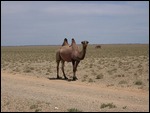
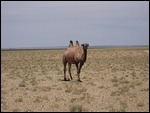
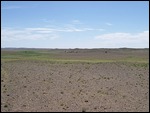
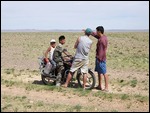
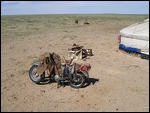
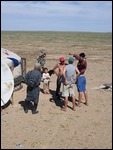
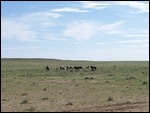
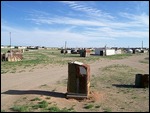
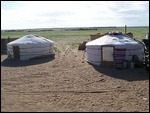
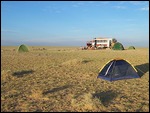
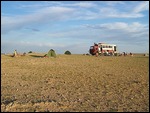
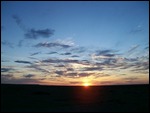
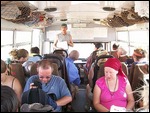
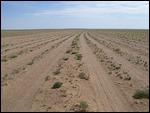
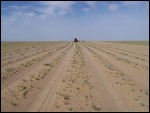
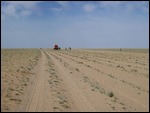
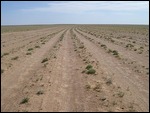
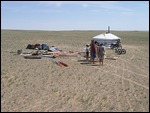
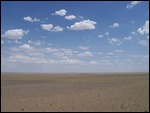
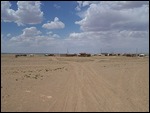
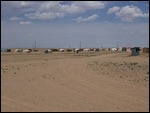
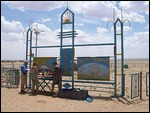
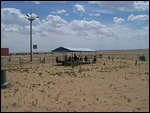
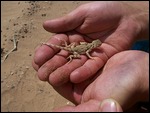
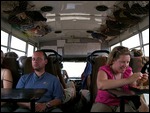
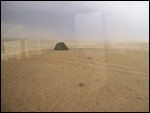
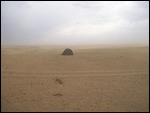
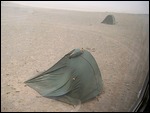
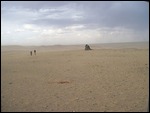
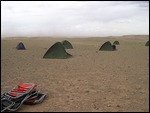
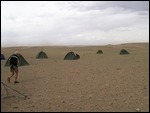
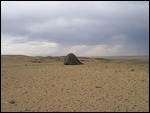
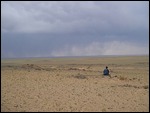
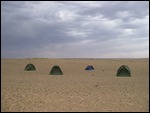
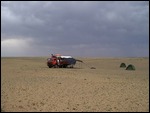
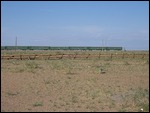
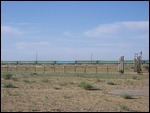
2025-05-23